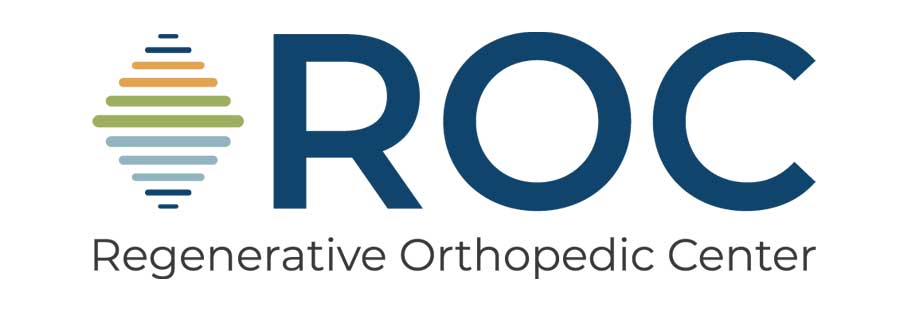Muscle strains are one of the most common injuries in sports medicine, affecting athletes and active individuals of all levels. While muscle strains can range from mild discomfort to more serious tears, understanding their causes, symptoms, and treatments can help prevent further complications and support optimal recovery.
What Causes Muscular Strains?
Muscle strains occur when a muscle is overstretched or torn, often resulting from sudden or intense physical activity. In sports and exercise, strains can be caused by various factors:
- Overuse: Repeated use of a muscle group can lead to micro-tears, causing strain over time.
- Poor Conditioning: Weak or inflexible muscles are more susceptible to strain.
- Inadequate Warm-Up: Starting a workout without warming up can increase the risk of muscle strain, as cold muscles are less flexible and more prone to injury.
- Sudden Movements: Quick changes in direction, jumping, or sprinting can lead to acute muscle strains.
Sports medicine professionals often focus on developing balanced exercise regimens that include adequate warm-ups, strengthening exercises, and flexibility work to help reduce the risk of strains.
What Are the Symptoms of Muscular Strain?
Muscle strain symptoms can vary depending on the severity of the injury:
- Mild Strains: May present as localized pain, stiffness, and minor swelling. Movement may be slightly restricted, but strength is mostly retained.
- Moderate Strains: Involve partial muscle tearing, which leads to more significant pain, swelling, and weakness.
- Severe Strains: Often caused by a complete muscle tear, severe strains result in intense pain, swelling, bruising, and an inability to move the affected muscle.
A sports medicine specialist can diagnose the degree of muscle strain based on these symptoms and recommend the appropriate level of care to avoid further injury.
What Treatments Are Available?
Treating muscle strains focuses on minimizing pain and swelling, supporting muscle healing, and preventing further damage. Sports medicine offers a range of options for athletes and active individuals:
- Rest and Immobilization: Allowing time for the injured muscle to heal is essential, particularly in the early stages of recovery.
- Ice Therapy: Applying ice can reduce pain and swelling. It is commonly used in the first 48 hours following an injury to manage inflammation.
- Compression: Wrapping the affected muscle can reduce swelling and provide support, promoting more comfortable healing.
- Elevation: Keeping the injured muscle elevated can improve blood flow, helping to control swelling.
- Anti-Inflammatory Medications: Nonsteroidal anti-inflammatory drugs (NSAIDs) are often recommended to reduce pain and inflammation.
In cases where the strain is more severe, sports medicine practitioners might suggest advanced treatment techniques, such as ultrasound therapy or specialized exercises tailored to build strength in the affected area gradually. These methods are designed to promote safe, effective recovery, keeping athletes and active individuals in the game.
What Are the Complications if Left Untreated?
While many muscle strains can heal with proper care, untreated strains may lead to complications, including:
- Chronic pain: Persistent pain or discomfort can develop if a strained muscle doesn’t heal correctly, affecting long-term performance and mobility.
- Muscle weakness: Unresolved strains may result in reduced muscle strength, impacting physical abilities.
- Increased risk of re-injury: Without proper treatment, strained muscles are more susceptible to future injuries, particularly if they haven’t regained full strength or flexibility.
- Formation of scar tissue: Muscles that don’t heal properly may develop scar tissue, which can restrict movement and make the area prone to future injury.
Receiving appropriate treatment promptly can help individuals avoid these complications and promote a full recovery, allowing them to return to their activities safely.
Getting Support for Muscle Strain Management and Recovery
At ROC, our team understands the impact that muscle strains can have on your performance and daily life. We offer specialized guidance in sports medicine to help you achieve optimal recovery and prevent future injuries. If you’re managing a muscle strain or want to learn more about proactive muscle health, reach out to ROC for expert support and care.
